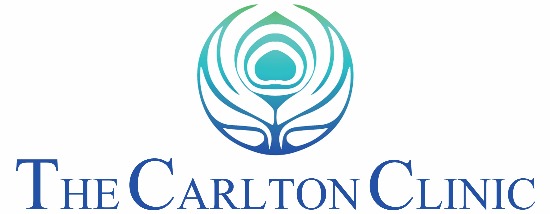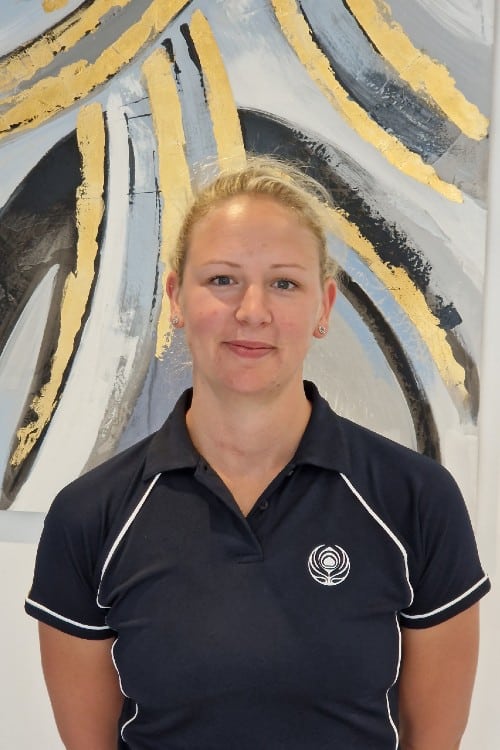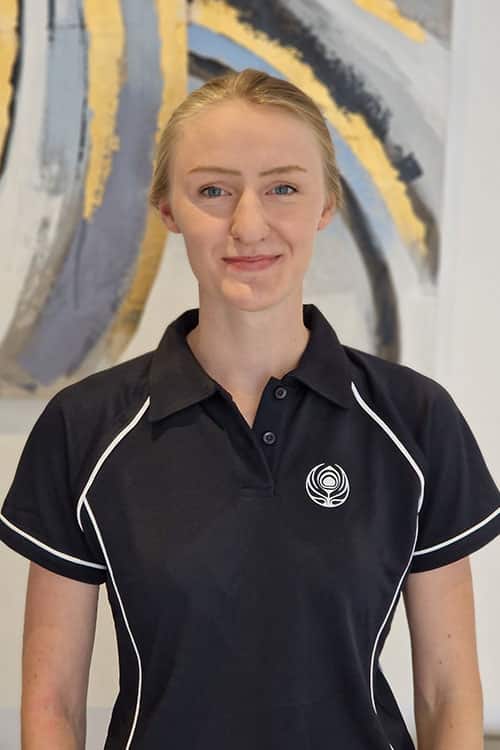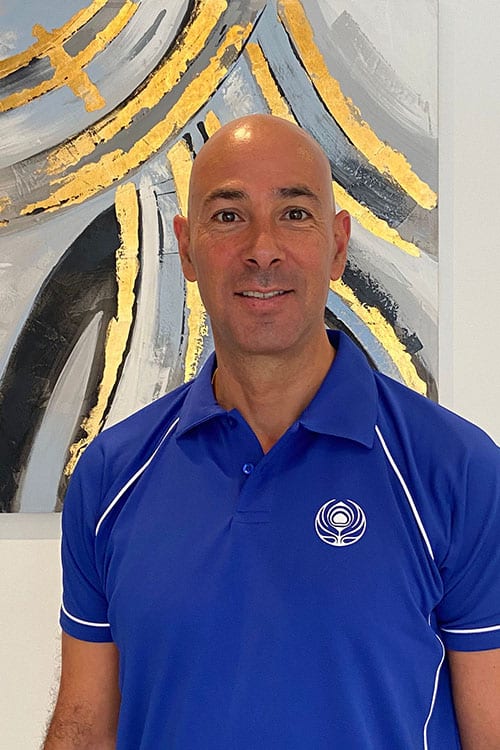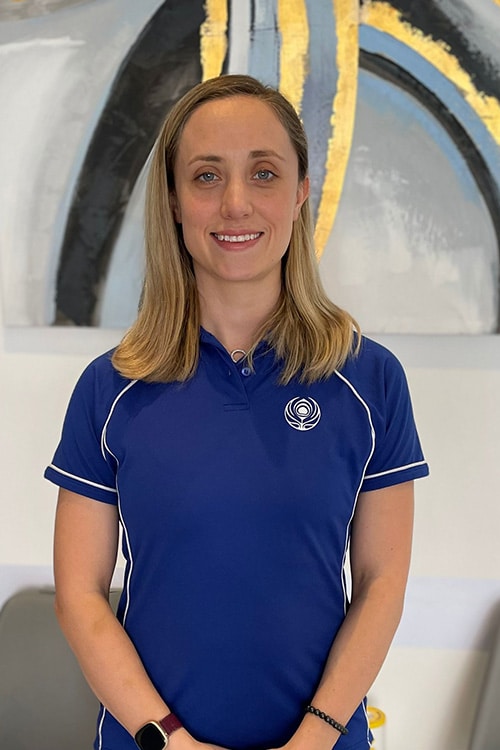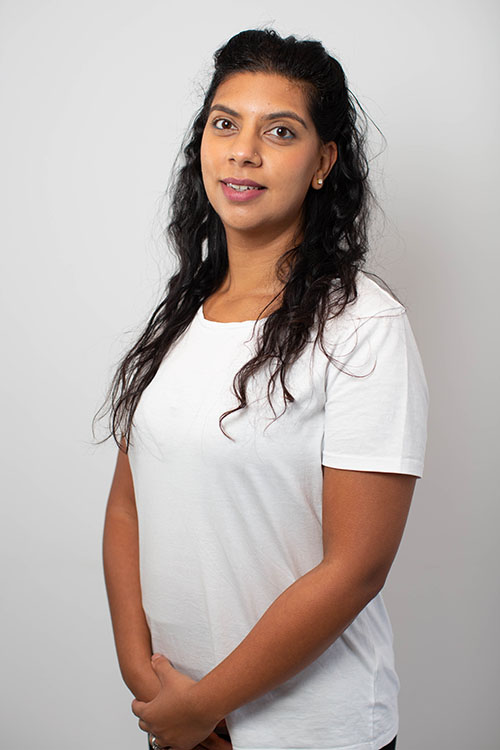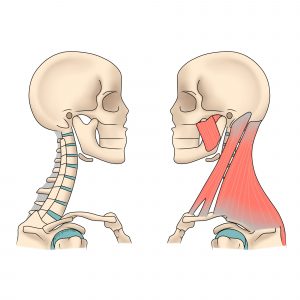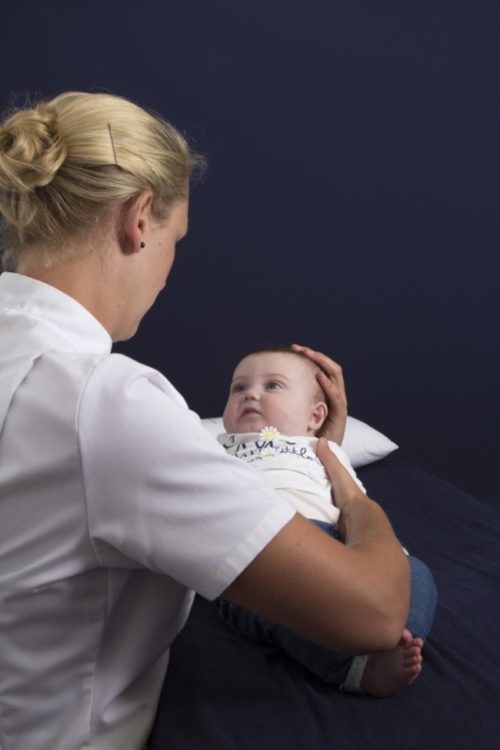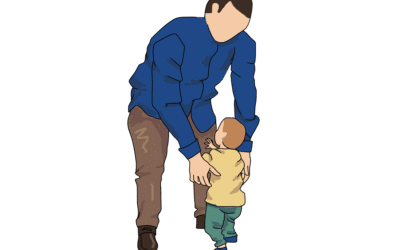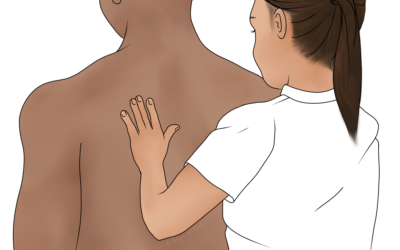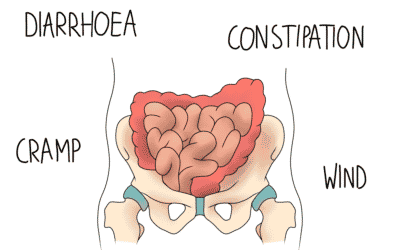Cranial Osteopathy
At the Carlton Clinic, we offer cranial osteopathy for adults, children, babies and during pregnancy.
What is Cranial Osteopathy?
Cranial Osteopathy is a series of techniques involving very small degrees of movement, which can be used on any part of the body.
The techniques are very gentle but are considered to have very powerful effects, and are particularly appropriate when treating children, babies and pregnant women.
For more information about Cranial Osteopathy, visit The Sutherland Cranial College of Osteopathy the leading institute for postgraduate training. A summary of current related research through the SCCO can be found here.
Osteopathy for Babies and Children
Osteopathic training at an undergraduate level includes paediatrics, and some osteopaths further their education by specialising in post-graduate training. Either way, osteopaths are qualified to work with babies and children, at all stages of development – from birth onwards.
The birth process can be a stressful event for both mother and baby, the aim of the cranial approach is to help soothe and relax the baby and improve their wellbeing.
As with any stressful life experience, the greater the stress, the higher the chance of this having a knock-on symptomatic effect on the body. The same can be said with giving birth, if it is traumatic, for example if a baby engages in the womb in an awkward position, or a delivery aid like forceps is necessary, or a c-section is performed; these external forces could distort the body’s symmetry and create an unhappy baby.
Very specific, skilled, light pressure is applied by cranial osteopaths where necessary, to assist the body’s natural ability to release stress and tension. Cranial osteopathy is gentle, safe and effective for babies and children.
If you are uncertain whether cranial osteopathy is the right approach for your little one, just give us a call or send us an email for friendly advice. Alternatively, speak to your midwife or health visitor about the benefits of cranial osteopathy.
What our patients say
“Thank you so much for helping my little boy with his colic and general discomfort. I took Arlo to The Carlton Clinic when he was around 6 weeks old for Cranial Osteopathy after trying everything else possible to settle him. We underwent three sessions of Cranial Osteopathy, 2-3 weeks apart and it’s completely changed him! He is a different baby! He is comfortable, happy, can lie on his back without being in pain, doesn’t get stressed during or after feeds and hiccups less. Couldn’t recommend the clinic and Justine enough.”
Price list
For Cranial Osteopathy appointments
Babies & Children Initial Treatment
Babies & Children Continuing Treatment
Adult Initial Treatment
Adult Continuing Treatment
Book here
Read the latest on our blog
Find out more about how osteopathy can help you manage and prevent injury and pain.
Back Care Awareness Week, 2-8 October 2023
It’s Back Care Awareness week between 2nd and 8th October this year. The aim is to raise awareness about back pain, specifically how to prevent and manage it.
What is an Osteopath?
Osteopaths are primary healthcare practitioners- you can see us without a GP referral and we can diagnose your aches and pains. We specialise in problems with muscles and joints, but some nerve problems fall into our remit as well. What Can I Expect from my...
IBS: Irritable Bowel Syndrome
IBS stands for irritable bowel syndrome, which is characterised by episodes of diarrhoea and constipation, cramp, and wind. You may also suffer bloating and abdominal pain. Diagnosing IBS As the symptoms of IBS are so broad, they could well be a sign of something...
